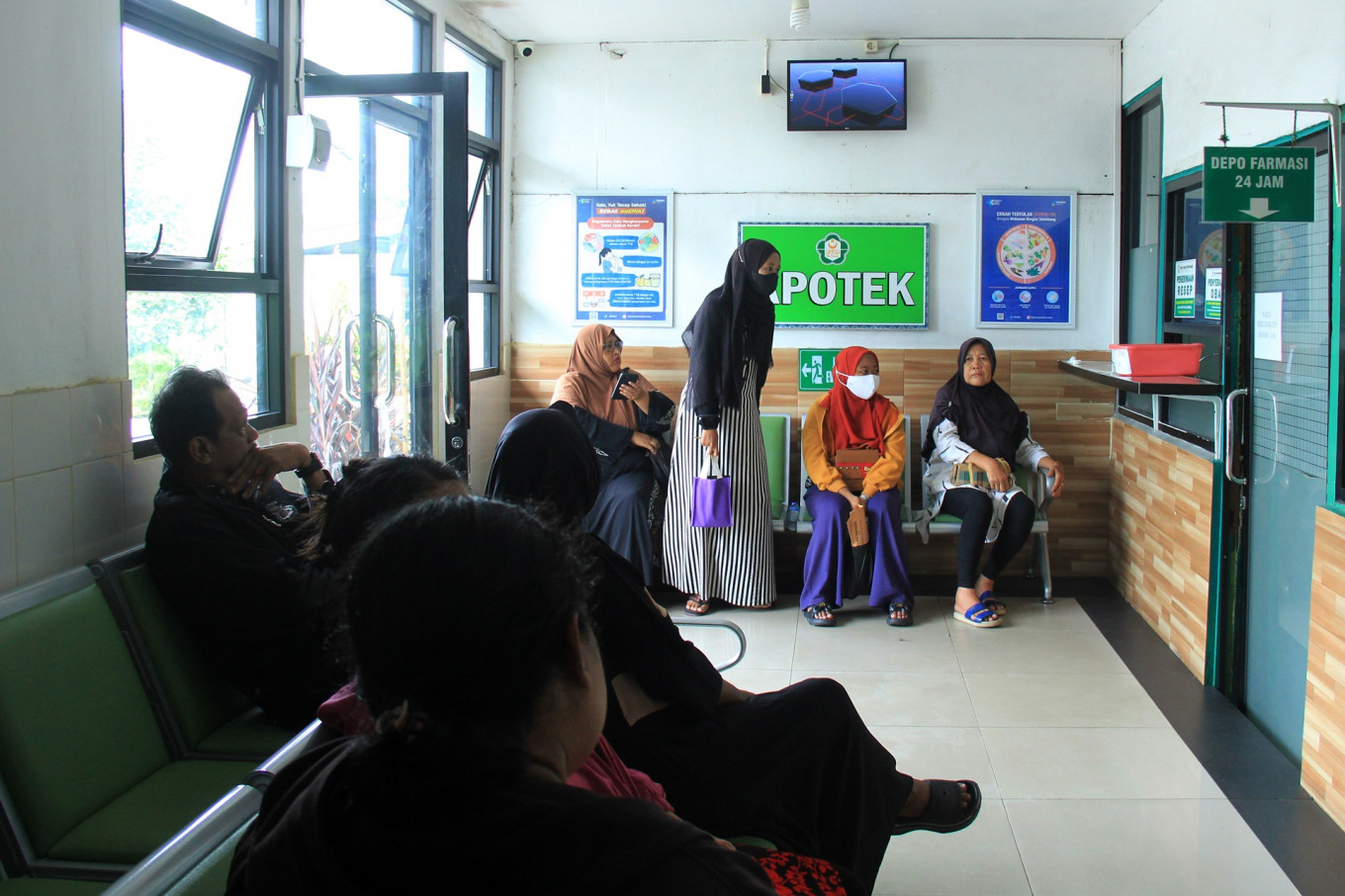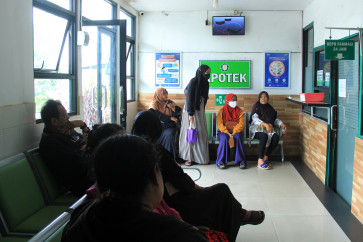Popular Reads
Top Results
Can't find what you're looking for?
View all search resultsPopular Reads
Top Results
Can't find what you're looking for?
View all search resultsHealth insurance co-payment policy: Shooting fish in a barrel
Imports and health equipment procurement are widely known as some of the most corrupt sectors in the country.
Change text size
Gift Premium Articles
to Anyone
L
ast month, the Financial Services Authority (OJK) introduced a new health insurance copayment policy through Circular No. 7/2025 on Health Insurance Products. This policy mandates that health insurance policyholders cover up to 10 percent of medical service costs, with maximum limits of Rp 300,000 (US$18.40) for outpatient services and Rp 3 million for inpatient services.
The OJK said this copayment aims to address the overfinancing of the health insurance industry for inpatient and outpatient healthcare services. The primary reason for this policy is high inflation in the health sector, necessitating more efficient healthcare cost management.
Co-payment policies are common globally, used to manage healthcare expenditures and discourage unnecessary utilization. They are often argued to minimize fraud and moral hazard in the claims process, affecting insurance companies, hospitals, doctors and patients alike.
However, while such a policy can help control costs and promote appropriate healthcare use, it might also discourage individuals in countries like Indonesia, which already have a low insurance penetration rate. According to the ASEAN Insurance Surveillance Report 2022, Indonesia's insurance penetration rate is only 1.4 percent of its gross domestic product (GDP), significantly lower than neighboring countries like Thailand and Malaysia (above 3 percent) or Singapore (12 percent).
Currently, private insurance primarily covers a small segment of the urban population, mainly formal workers. A 2024 Populix survey revealed that nearly three out of four respondents only have National Health Insurance (JKN by BPJS Health), with less than 10 percent holding both JKN and private health insurance.
The ownership of private health insurance has also declined in recent years. For instance, in Bali, where JKN achieved universal health coverage in 2024, private health insurance ownership dropped from 2.66 percent in 2019 to 0.57 percent in 2023, increasing slightly to 0.59 percent in 2024.
A further negative implication of this policy is the potential migration of former private health insurance policyholders to the statutory JKN system, which could overburden an already crowded public system.


















